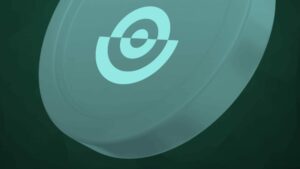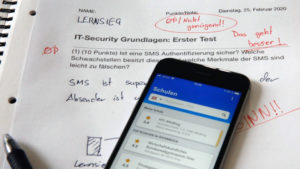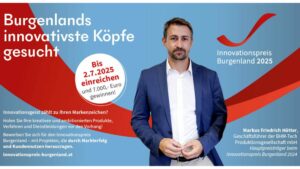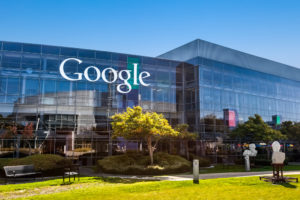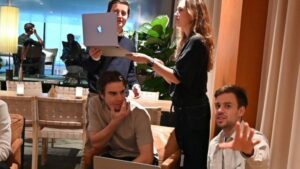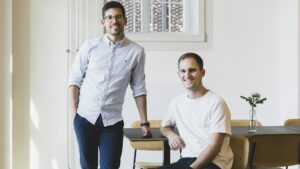8 startups and their solutions that save and purify water
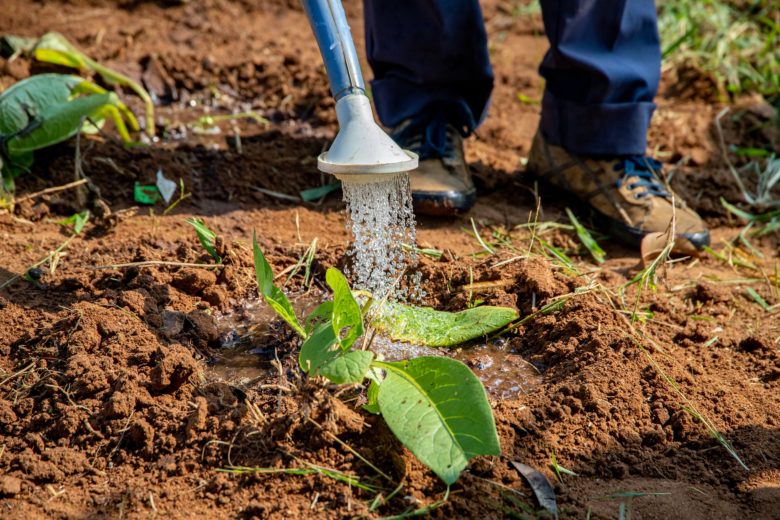
Fresh water is a precious commodity. And those who are not lucky to have enough of it are the first ones to spot the issue and look for solutions. Europe is a continent that historically never experienced major water undersupply. 75% of EU inhabitants depend on groundwater for their water supply, reports the European Commission. And not only.
Groundwater constitutes the largest reservoir of fresh water in the world, accounting for over 97% of all freshwaters available on earth (excluding glaciers and ice caps). Freshwater, however, is a resource used not only as a drinking water source but is also a crucial resource for the industry. And this is where the problem comes from. Pollution of the air, earth and its surface, the oceans and rivers, plays a major role in the quality and quantity of fresh water.
Here are 8 startups and their solutions that battle water undersupply.
WaterTech in Bulgaria: Breakthrough AI Technologies Transforming the Industry
Filter water out of the air
The startup Imhotep.Industries is building a “water generator” that filters drinking water out of the air. Up to 10,000 liters of pure drinking water can be produced daily if the circumstances are right. The system works best in a warm environment with high humidity. A long-term test with a prototype is already taking place in Dubai. In the long term, the startup wants to position itself as a leading provider of self-sufficient, alternative, clean and safe drinking water technology. The company recently received a €1 million investment.
Clean and recycle water
Helioz takes a different approach with their WADI. They use the principle that UV radiation from sunlight can naturally purify water. After a certain time, the radiation kills microorganisms and pathogens that contaminate the water. Simply place water in the plastic or glass bottles in the sun and wait. The solar-powered WADI works as a UV measuring device and indicates when the drinking water can actually be drunk. The startup focuses primarily on the global south, where there is already a shortage of drinking water.
Another approach to using as little water as possible is to recycle as much of it as possible. Alchemia-nova and Hydraloop offer two systems with which gray water can be treated at home. Alchemia-nova relies on its vertECO technology: different types of plants are arranged vertically in a special way and watered with dirty water. Microbial activity in the root zone purifies the water but does not render it sterile. However, the water can be used for washing or watering.
Hydraloop cleans already contaminated water from the bathroom using technologies such as sedimentation, flotation, foam fractionation, a bioreactor, and UV disinfection. It is also recommended that the water only be used for washing, for the pool, or for watering the garden. The HypoWave project of the Technical University of Braunschweig also used this approach and developed a cultivation method in which vegetables are grown with recycled water. The plants are not planted in the ground, but in tubes with a nutrient solution and water mixture. This also allows the nutrient supply to be optimized.
“Greensand”: Up to 8 million tons of CO2 are to be stored in the North Sea
Intelligent watering saves water
The startups DigiDrip and ConstellR are a step further. They want to ensure that intelligent irrigation does not use so much water in agriculture in the first place. DigiDrip equips irrigation systems with sensors and thus determines the right amount of water and the right time for irrigation. In this way, the plants are optimally cared for and at the same time water is saved. The startup’s prototype is currently designed for hobby gardeners and semi-professional gardeners.
The German company ConstellR goes a bit further or – better said – upwards. The spin-off of the Fraunhofer Institute for High-Speed Dynamics in Freiburg has been operating its own satellite since February, which records the heat from fields using infrared technology. The following applies: the warmer a field, the drier it is. In this way, individual fields that really need it could be irrigated in a targeted manner.
Prepare plants against droughts
And if there is really a long-lasting water deficiency, the Tulln startup AgroBiogel can offer help. Their engineered gel first absorbs water and then releases it continuously over a longer period of time. The gel is based on wood and comes from a waste product of the paper industry. After a few years, it thus turns into humus. According to the company, around 40% of water can be saved in this way.












